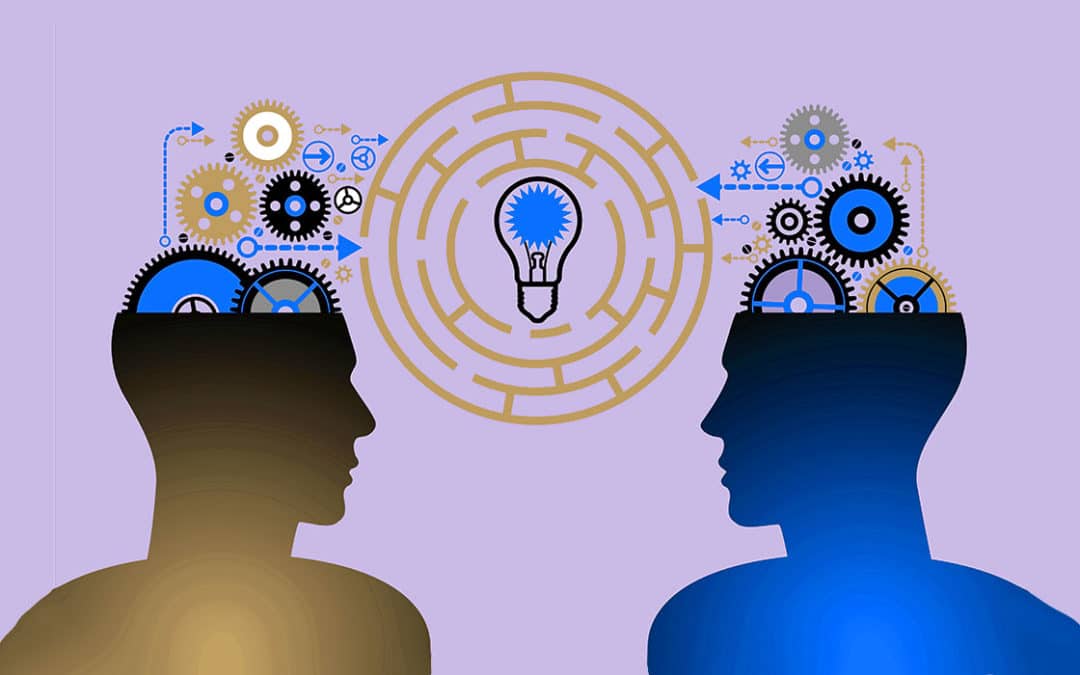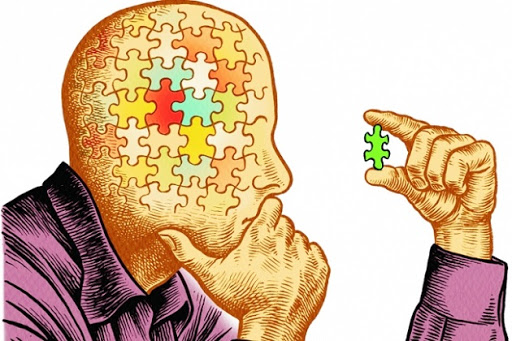Need to fill a position that requires decision-making skills? Critical questions are an essential part of your interview process.
Many hiring managers overlook this skill because it is not always easy to assess. Your candidates may have the technical background and experience, but not all of them have the emotional intelligence or the critical mind to be successful. This is where the problem-solving questions can come in handy.
What is the critical mind?
Critical thinking is the process of thinking that enables a person to objectively consider the information in order to formulate a response or a judgment. Critical thinking can be opposed to reactive thinking, which generates immediate and purely emotional responses. Critical people at work are highly valued because they usually provide sound advice, thoughtful solutions and fair assessments.
It is difficult to establish a candidate’s level of critical thinking unless you do so voluntarily during the interview. Use critical thinking questions to assess how a candidate will handle unpredictable situations that can arise while in office.

Personalize your critical thinking questions
There are many examples of such interview questions, but yours should be relevant to the position and environment of your business. For example, if the job requires technical decisions, the questions should be structured around that skill. If the job requires critical thinking about people (clients or colleagues), emphasize interpersonal skills.
The fashion in interviews is to ask “puzzle” questions to observe the candidate’s reactions, but don’t give in! Ask questions like “John is one of three children. Her sisters are April and Mai, what is the name of the third child? Is perfectly unnecessary.
Whether the candidate answers “John” correctly or says “surely June” doesn’t tell you anything about his critical thinking.
Besides making the candidate confused and uncomfortable, you might make them doubt your sincerity.
Plan each step of the hiring process before the interview begins. If a job requires rational decision making, build a list of critical thinking questions, preferably as a team. Collaborative thinking and inclusive recruitment allow for different opinions and perspectives on the same role and its requirements.
Make sure critical questions aren’t too easy
These questions aren’t meant to be easy. They should encourage reflection. Make the candidate think about how he would react in specific and sensitive situations. You are not necessarily looking for right or wrong answers. Rather, you are evaluating the candidate’s process.
All departments have high-impact positions. The employees who occupy them must have a developed critical mind. When making your list of interview questions, go beyond professional skills or experience. Analyze, for example, the consequences of poor decision-making on staff, customers, your brand, or your business as a whole.
Once you have determined the areas of influence for the position, you can begin to put together your list of questions. In this article, the sample questions are divided into two categories: technical roles and roles with human skills. Your position can obviously be a combination of the two. There is no single model of critical thinking questions because every job and every company is different. Instead, use them as a guide to inspire you.
Critical issues for technical skills
- What would you do if you had a project with a looming deadline, but didn’t have all the information to finish it on time?
- If you found a faster or more cost-effective solution to a problem, but your manager didn’t understand it, what would you do?
- If a weak link in your team was impacting productivity, how would you approach the problem?
- What would you do if a client or manager tried to move a project forward at the expense of other projects with already confirmed delivery dates?
- When you’re part of a team of experts, it’s easy to disagree on where projects should go. How do you find a consensus?
- Have you ever had to convince a manager to try a different solution to a problem?
Critical thinking questions for interpersonal skills
- An order was not delivered on time to a customer, and the customer is furious. He wants you to cancel the order and delete their account. How do you repair the damage and keep the customer?
- Your business has slowed down, and you are thinking about sales. Someone suggests lowering the prices and focusing more on customer satisfaction. What is your reaction?
- You have an employee who is great at their job, but who is abrupt with his colleagues, which causes friction in your department. How do you solve the problem?
- You are in a meeting, and your manager makes a pricing or procedural error that can have a significant impact on your department or on a project. What are you doing?
- You notice that your manager (or a coworker) is prone to blame and not accept responsibility when under pressure. How do you approach the subject?
- If you had to make a decision based on incomplete information, how would you go about it?
- How would you handle a situation where you and your teammates disagree on how to move a project forward?
What do you look for when asking critical questions?
You will notice that the questions listed above are very broad and there is no right or wrong answer. What you are looking for is how the candidate responds. Each question is a hypothetical situation that can become a significant problem if not addressed properly.
People with strong emotional intelligence and critical thinking skills won’t give you a straightforward answer. When faced with a complicated situation, their critical mind is activated and they will probably ask you questions for clarity. Don’t be surprised if you get an “I need to think about it …” response at first – highly critical people process information before reacting or responding.
People who do not ask for more details, and who do not think before responding, probably do not have developed analytical skills. They are also more inclined to make hasty and emotional decisions.

8 Benefits of Critical Thinkers
Critical thinkers capable of impartial judgment all have the following abilities:
- Analytical skills: They analyze situations with care.
- Reasoning skills: They reason logically and based on facts.
- Strong Emotional Perception : They can separate truth from lies, and bring them to light.
- Social experience : They conduct extensive research or rely on their past experiences for reference. They apply known and accepted standards and limit their bias.
- Benchmarking: They distinguish differences and make comparisons.
- Solution-oriented thinking: They visualize solutions and their potential consequences.
- Evaluation of actions: They quantify their conclusions and take decisive action.
- Creative Thinking: They convert a negative situation into a positive one.
Whether they have to think for themselves or solve old problems, people with a well-developed critical sense can face and solve a situation. They also don’t shy away from making unpopular decisions if it is in the best interests of the company or the people involved.
Use all available interview and assessment tools
For important positions, you will need more than a simple list of questions to determine whether a candidate is a good fit for the position. Psychometric assessments can give you better insight into a candidate’s personality. Past references are also a great tool to establish how a candidate handled pressure in similar situations. Past behavior can be a predictor of future behavior, but it is also not foolproof. As people mature and the environment changes, so do their attitudes and abilities to work.
